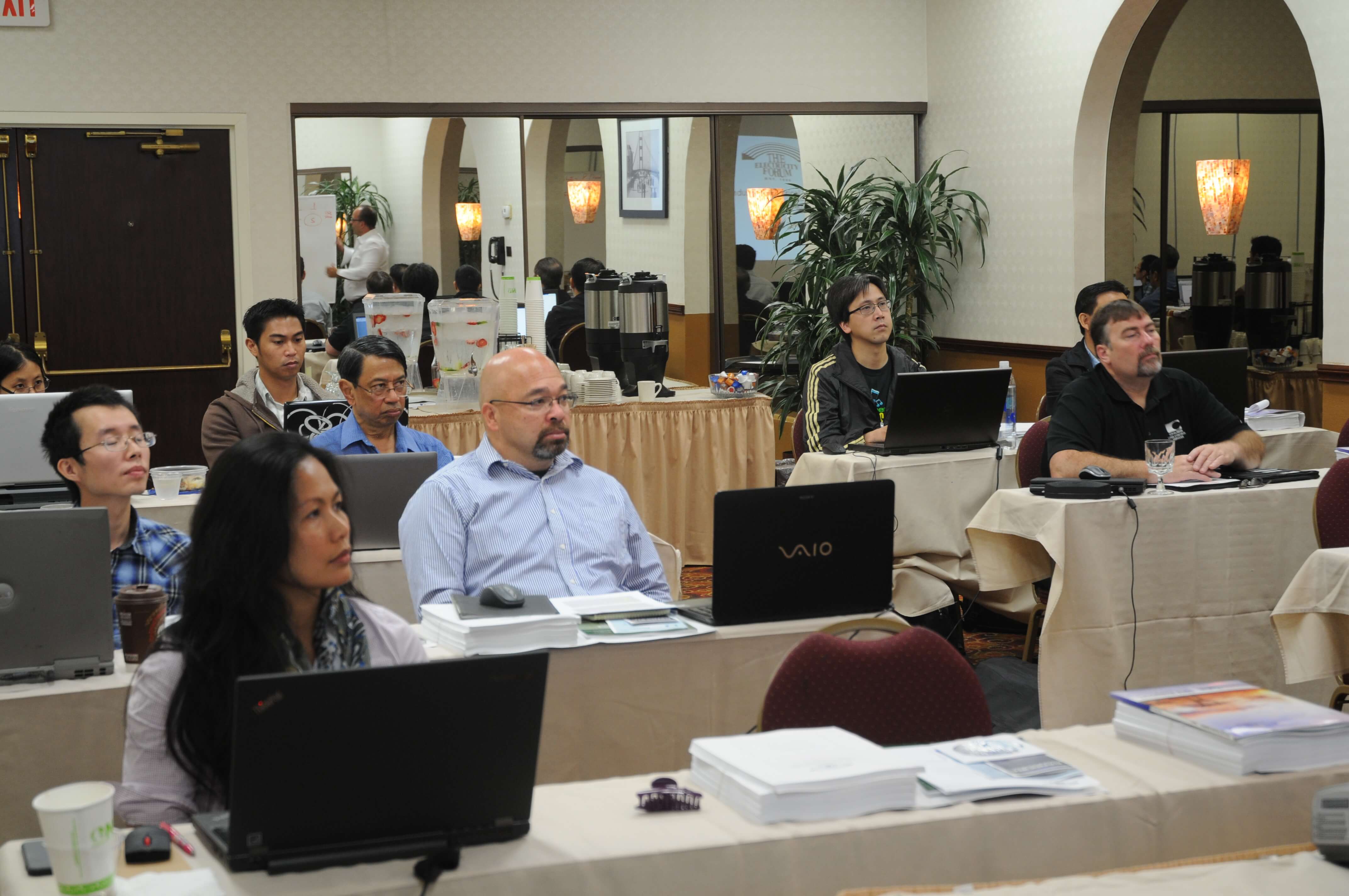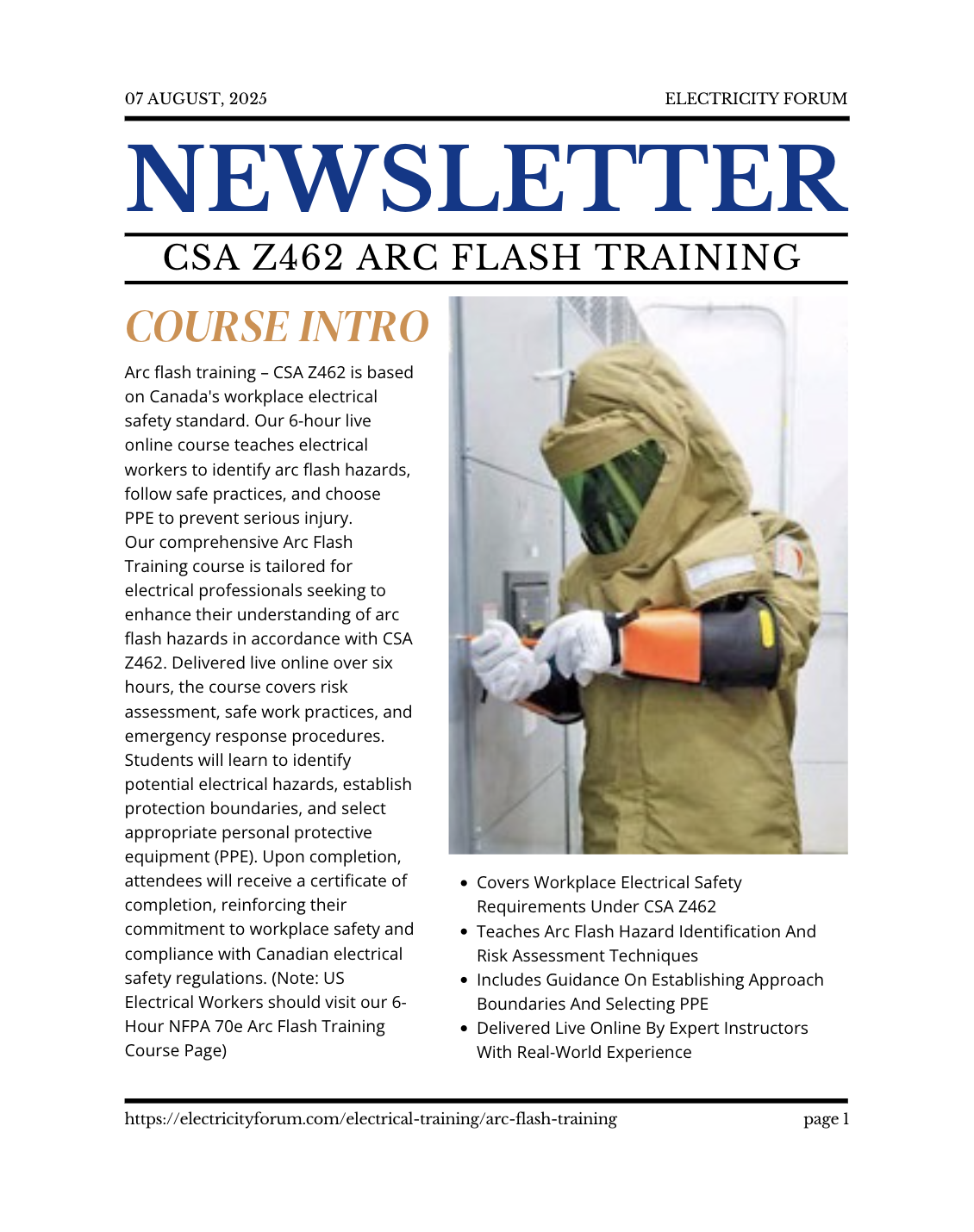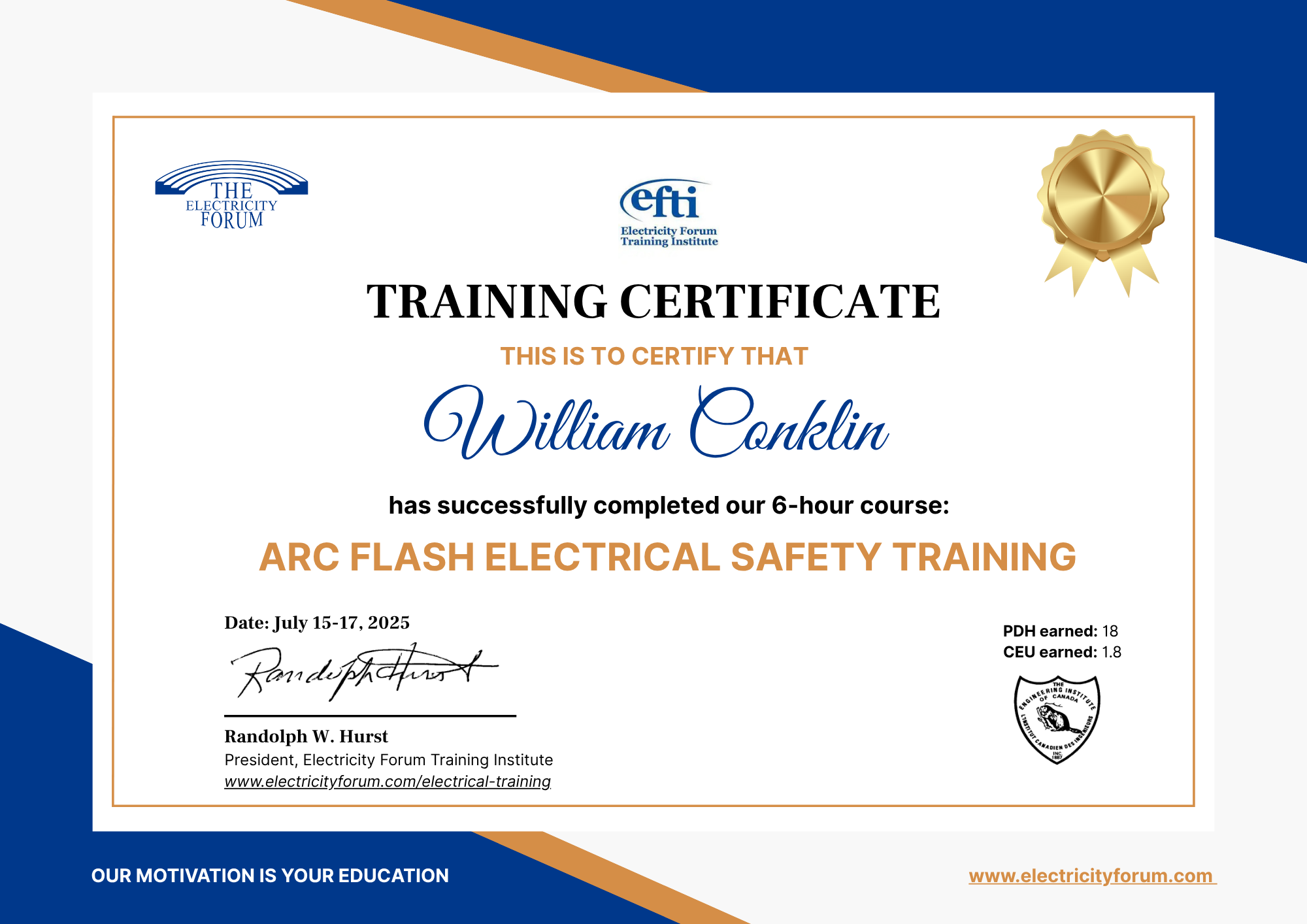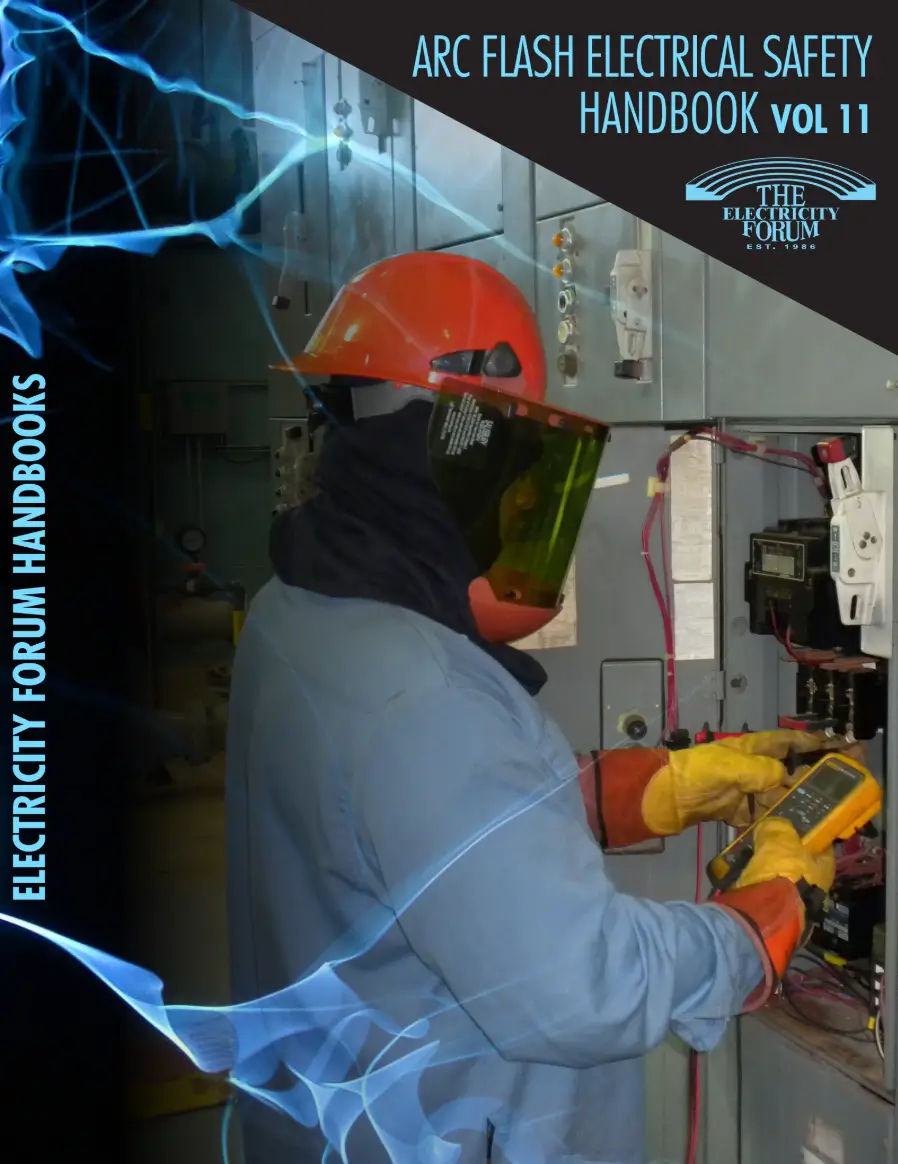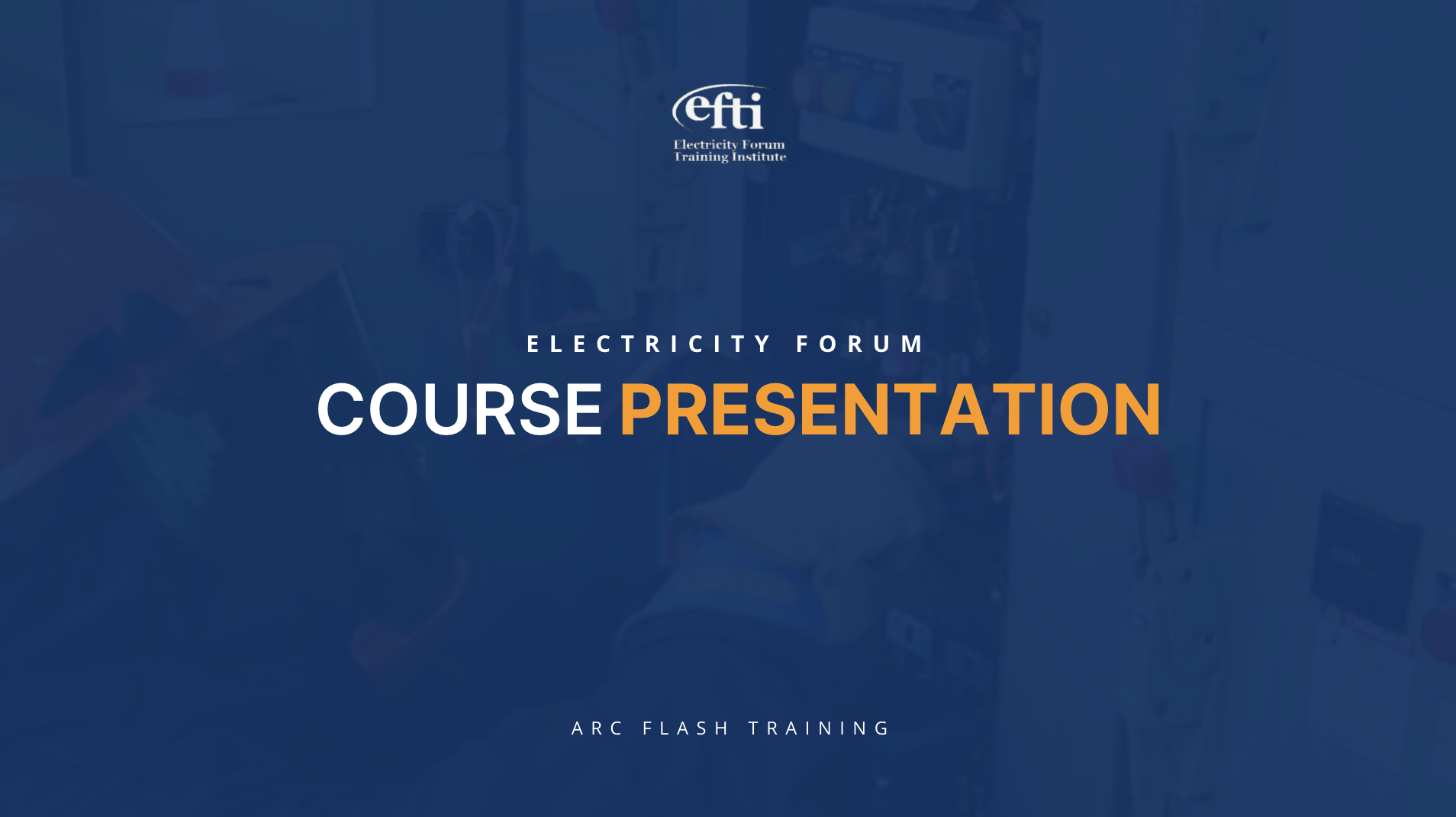Our 12-Hour (2-day) instructor-led, live online course provides a comprehensive overview of stand-alone and grid-connected Photovoltaic (PV) systems designs. Drawing upon the National Electrical Code (NEC 2023) and CE Code (2024), this course offers a thorough understanding of both residential and commercial-scale systems. The course learning is also applicable across various Solar PV installations, including utility-scale projects.
Participants will gain knowledge of PV systems' operations, site assessment procedures, and both grid-connected & off-grid system theories. Emphasis will be placed on safe system designs in adherence to the NEC and Canadian Electrical Code. Additionally, the course will offer case studies of PV system design.
This course is beneficial for professionals such as Solar PV System Designers, Electrical Engineers, Building Designers, Architects, Construction Project Managers, Energy Consultants, Sustainability Consultants, Facilities Managers, Building Services Engineers, and Renewable Energy Engineers as it enhances their understanding of solar PV systems and their integration into building designs. This is a valuable skill in today’s sustainable and energy-efficient construction industry.
Learning Outcomes
- Understanding of solar energy concepts and photovoltaic technology.
- Knowledge of electrical principles in PV systems, including the electrical characteristics of PV systems and power electronics in PV systems.
- Familiarity with solar module technologies and inverter technologies.
- Understanding of PV systems for residential and commercial buildings using software tools.
- Understanding of PV systems integration into existing building electrical systems.
- Knowledge of building codes, standards, and regulations for PV installations.
- Ability to conduct economic analysis and understand financing options for solar projects.
Solar PV System Design Training - Our 12-Hour (2-Day) live online, instructor-led workshop introduces students to the National Electrical Code (NEC 2023) and CE Code (2024) photovoltaic system standards as well as other international standards that pertain to the safe and efficient design of grid-direct Solar PV Systems. This course foruses primarily on both residential and commercial-scale systems. However, the NEC and CE Code requirements for Solar PV Systems, including most design parameters and best practices are applicable to all types and sizes of Solar PV installations, including large utility-scale projects.
The objectives of this 12-hour (2-day) Solar PV System design course are to:
- Provide an introduction to Solar energy
- Describe various PV systems and their components
- Explain operation of modules and electrical characteristics
- Go through a site assessment including shade analysis
- Explain the theory of both grid-connected and off-grid systems
- Size and design few grid-connected PV systems
- Size and design few off-grid PV systems
- Utilize the Canadian Electrical Code to design systems safely
- Design and install a 1.5kW string inverter system
- Design and install a 1.5kW micro inverter system
You will learn in details about:
- PV Electrical Design Basics
- PV Module Fundamentals
- PV System Sizing Principles
- PV System Electrical Design
- You will learn how to design solar power systems and reduce or eliminate energy bills.






